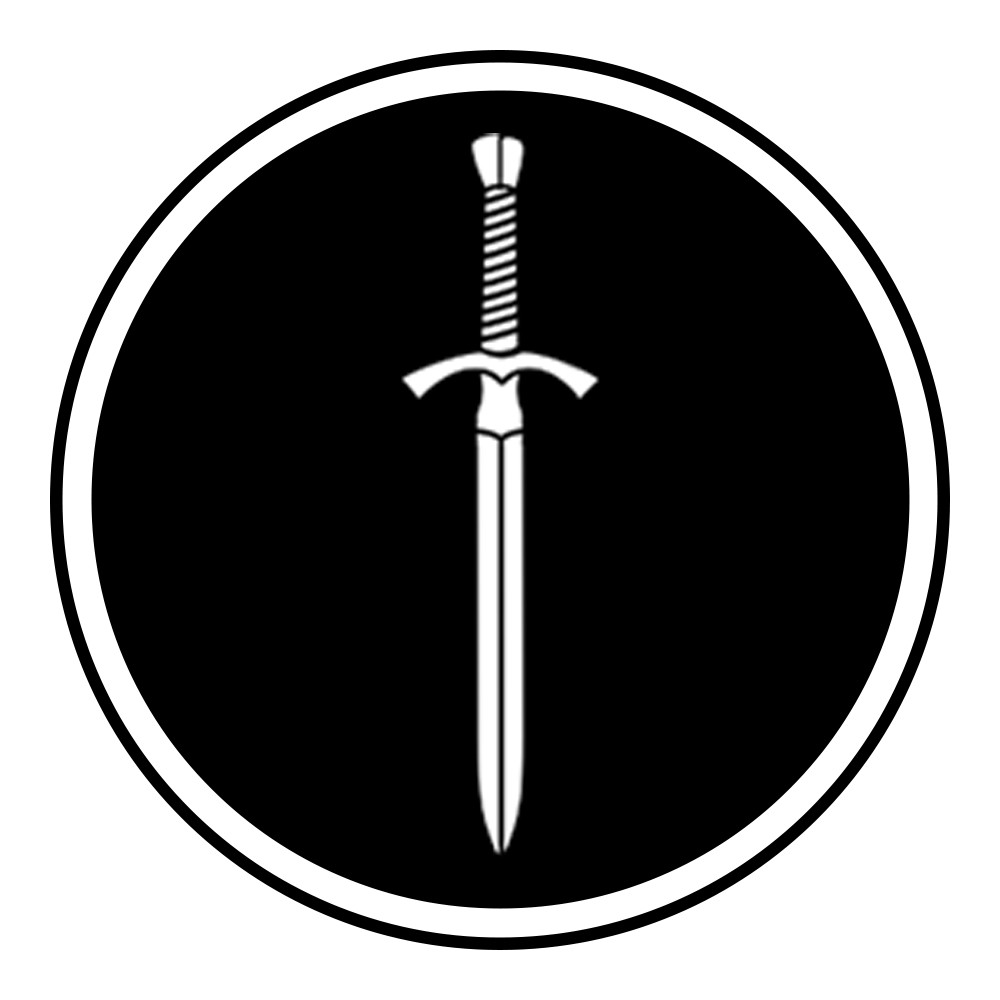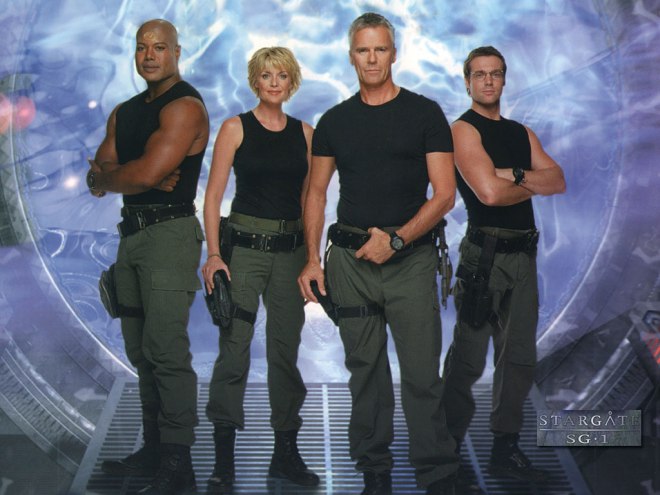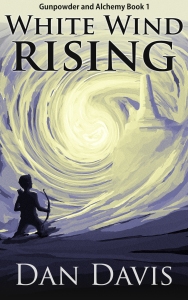Stargate SG1, the long-running but kind-of underrated sci-fi TV show ran from 1997 – 2008 but I only just watched it over the last few months. I saw a few of the first season back when it was first broadcast and then caught a few here and there but I never knew what in the heck was going on so never paid attention. I was looking for something to watch on Netflix back in October 2014 and was shocked to see there were ten seasons of it. Ten seasons is loads, almost nothing gets ten seasons and even stuff with good numbers get cancelled way before that (see Joss Whedon’s TV career after Buffy for example). So I thought I’d chuck it on, see what it was like. Then I watched all ten seasons non-stop. That’s 218 episodes in about three months. I just finished the last episode a few days ago. It’s far from perfect and is very uneven but let me share a little of what I learned.
I should tell you that I have shows and videos playing when I do pretty much anything. When I am cooking, doing housework, working my day job (when I work from home) and also when I am writing. I watch or listen to things on YouTube – right now Dan Carlin’s Hardcore History or the endless array of lectures from universities like Stanford (e.g. Robert Sapolsky’s famous Human Behavioural Biology course)
And I realised toward the end of writing my book in November just how many similarities have crept in. Remember that I wrote the majority of this book while Stargate was playing next to me on my phone and in my headphones. I wasn’t always paying the strictest attention and managed to miss some major plot developments while I was focused on writing. So are these similarities coincidental or was this unconscious inspiration at work?
-
A team of four characters
Stargate SG1 (for most of the ten seasons) and equally-good spin off Stargate Atlantis had four main characters who work in the same team and feature in pretty much every episode. My book has four, too. That may not seem so surprising but if you take a moment to think about it, not many shows or books have so many.
-
One protagonist is clearly standard; it’s the hero’s journey so take your pick of, say, action movies for examples.
-
Often you get two; cop shows and books often (usually?) feature ‘partners’ working together to solve crimes and maybe explore sexual tension. Obviously romance novels tend to feature two individuals coming together. My favourite historical fiction series, Patrick O’Brian’s Aubrey-Maturin books use this dynamic perfectly. My other favourite histfic, Bernard Cornwell’s Sharpe books may seem to be a single protagonist but I’d argue it’s really about Sharpe and his loyal Sgt Patrick Harper together forming a single literary unit…
-
Three characters work well, too, especially when they work together as a group. We all know about the Rule of Three. For examples, Harry Potter springs immediately to mind. You also see it in sitcoms or comedy shows like Black Books, the IT Crowd or Father Ted… all written by Graham Linehan, admittedly but he obviously knows a thing or two about writing successful comedy. (Does Seinfeld have three or four, would you say?)
-
Which brings us to four.
Why have four? Well, four works well because you can have so many unique relationships. Character A can have a one-on-one relationship with B, C and D. But they can also form a trio with B and C or C and D or B and D. Do the same for each character and you have a huge number of interactions (who here is good at maths? Is it 15?). You can have the group as a whole form a united front, especially against external threats, and you can also have plenty of squabbling, infighting and schisms.
However, one of the key strengths of the Stargate franchise is the camaraderie, the friendship, the bonds forged through shared experience and danger and it is this most of all, I would argue, that won it so many loyal fans. More than one character tells the others they are like a family. Quite a few times I got a bit dewy-eyed watching characters giving their death speech or two characters getting over their differences to admit how much they really care about each other. The final episode of SG1 (Season 10 episode 20) did this really well (despite a bizarre, out of character rant by Jackson). My four characters also argue and fight amongst themselves but it’s all to emphasise and balance their ultimate love for each other. Just like in a family.
But writing four main characters has its drawbacks. It can be difficult at times to involve everyone in the plot with a genuine purpose and often you will see certain group members taking a back seat while the others are getting on with it. Writers often have random characters throw in a comment or two almost at random to show they’re still listening. This can be a good opportunity to inject some comedy but you’ll also notice how often the line could have been said by anybody (which can be a sign it was originally said by another character until the line was given to another to bring them into the action).
Nevertheless, writing a group of four is easy-peasy lemon-squeezy… when they are all together. If you have your guys split up, geographically, then plotting can become difficult. If they’re split into two groups then it’s not so bad. But if you have up to four different plot lines operating separately that need to come together then it can get very tricky indeed. Plus, if they’re separate for too long then you’re missing out on the group dynamics which is the main reason for having them all anyway… so get them back together asap, through adversity, of course. They’re stronger together, in every way.
-
Special / super powers and balanced character traits
Each of the characters has to have something special about them. Stargate has O’Neill with his special forces skills and leadership / decision making abilities. Carter is the token female and a genius astrophysicist, engineer and is also a badass with hand to hand combat and assault weapons. Jackson is a linguist, ancient historian and know-it-all and his special powers include being the team’s personified conscience and whiner. Teal’c is the token minority and is essentially a super soldier, with super offensive skills and has super regeneration powers (and tragically under-utilised super leadership).
My four characters all have abilities to control the elements. Wind, water, earth and fire. But each are not equal in their abilities, not by a long shot. And they have their own unique skills and character traits that provide balance as well as enormous story-telling potential. I also made sure we have two boys and two girls, rather than the single, lonely female you often get with groups of four characters in TV shows generally and Stargate specifically.
Essentially, everyone in the team / group is special in their own way and their powers and traits are balanced so each character can have a unique approach to solving a problem. It is not necessary for them to be equally strong but if you have any that are wildly more powerful than the others, or any that are underpowered then it can be an issue for your story telling. In SG1 and Atlantis they play with this trope all the time, giving one of the characters increased powers through plot devices such as retro-viruses, drugs, nanites, ancient knowledge-transfer devices (aka “magic”) and then they explore the idea that power always comes with some kind of cost and usually the character reverts to their usual level by the end of the episode. And that’s a good point to remember; with great power comes great… exhaustion, or psychopathy or risk of death or some other terrible reason to turn away from the proffered power. You can’t have any one character out of balance with the others for too long or else they’re not really a group of four any more.
-
An underdeveloped culture coming into contact with one far more advanced
In Stargate they’re every week coming into contact with a civilisation on another planet that is less technologically and/or culturally advanced than ours. It’s often a medieval, renaissance, early-modern or 19th century civilisation gasping in awe at the power of P90 assault weapons or lusting after C4 explosives or furrowing their brows at concepts such as equality or freedom of expression. And sometimes our heroes will meet civilisations far advanced of ours, with technology that is indistinguishable from magic. This element is one of the great strengths of the show and gave them such great opportunity to explore aspects of our real-life cultures as well as our own shared history.
And I didn’t realise until after I’d written it but I did the same kind of thing with my story. I have my four characters and the Vale they live in being held in a kind of Anglo-Saxon bubble of time while the England around them moves on for a thousand years. My characters (in book 2, writing now) then experience the enormous culture shock of emerging into the 17th century English Civil War. That interaction between disparate cultures is giving me such a rich seam to mine. It’s also really fun to see people confused and exasperated by cultural misunderstandings and also adds an element of danger. Like when you go on holiday and you don’t know the proper etiquette for buying a pastry or how to pay the bill… only more deadly. Okay it’s more like when you go on holiday and you don’t know the proper etiquette for buying drugs and guns. You know what that’s like.
-
Comedy!
I love that Stargates SG1 and Atlantis don’t take themselves too seriously. Or rather, that they strike a balance between comedy and drama. They deal with parasitic alien brain-worms and life-sucking alien monsters and shape shifting robots and the constant threat of death and the destruction of earth. This could be overwhelmingly dark (like the vastly superior but miserable Battlestar Galactica) or so done so toothlessly that you feel absolutely no sense of peril (Star Tek: TNG).
Apparently, Richard Dean Anderson took the role of O’Neill on the condition he could make it fun, and funny. They rolled that attitude out across the franchise and continued it even after he left. The characters joke with each other. The writing nods and winks at you, the viewer, and throws in references to pop culture, other movies and shows, sci-fi tropes and meta-jokes.
I’m writing a children’s series. It can’t be too dark, not because kids can’t handle it – they can and they love it – but because it should be fun, too. That’s why, for all the scary stuff in there (mainly about coming into contact with the oblivious and uncaring adult world) I am also cramming in as much comedy as I can. It can’t all be dark or it just gets tedious (anyone read the fantasy series Chronicles of Thomas Covenant? I have, twice. Glum don’t cover it.)
So, anyway, I put a fart joke in book 2 the other day.
In summary; Stargate SG1 and Stargate Atlantis. At times brilliant, laugh out loud funny, even quite brilliant. But also at times dumb, rushed, repetitive, under-budgeted, and often derivative. So not the best TV shows ever. Not even the best sci-fi TV shows ever but they are hugely fun, they are an easy watch and they do demonstrate a huge amount of tropes, plotting and writing tricks that us writers could learn from. At least, I’m sure that I have.
You do have over 300 hours to spare, right?
WHITE WIND RISING (GUNPOWDER AND ALCHEMY BOOK 1) available now on Kindle.
Excerpt from a lovely 5* review: “Free from the twee mis-imaginings of childhood that mar so many children’s books written by adults, it’s a story filled with feelings of genuine peril and menace, in which the story’s central characters are sometimes naive, but sometimes inspired, and somehow inspiring.”



Hi Dan. Glad I popped in through that wormhole! I don’t have to spend 300 hours watching SG1 & SG Atlantis. I watched them as they came out and thoroughly enjoyed them. You are right, they weren’t the best series ever made, but they were able to combine comedy, drama, and morality into each show and kept me entertained. I haven’t tried writing to SG1, but I usually have The Lord of the Rings trilogy, the Harry Potter series, Star Wars, or Indiana Jones on when I write. Good storytelling is always an inspiration for writers. Thanks for the entertaining post.
Hello! What a great bunch of movies to write to.
Yeah the morality in the franchise isn’t something I mentioned but I also really liked how they always – generally – try to avoid killing anybody. It’s really easy and satisfying as a writer to punish evil characters with death but that doesn’t mean it is always the best choice to make.
Okay, I’m going to watch some more Atlantis now.
One my all time favorite shows, however i have not watch tv in maybe four years! i would like to thank you for dropping by to have a read.
I’m feeling a lot of love for the show, for sure.
Thanks!
Hi Dan. I’m a Trekkie fan watched some stargate .The new version of Battlestar Galactica was a great series. Thank you so much for calling by and wanting to follow my poetry adventures. Best Wishes. The Foureyed Poet.
Hi, thanks for commenting. Yeah I grew up watching ST: TNG! Saw most of Voyager and DS9 too. DS9 had my favourite tone and arcs but some of the very best TNG episodes are really wonderful.
I don’t have 300 hours to spare, but I’m a huge fan of the SG1 main theme. I can’t get it out of my head for days when I listen to it just once 😉
Yeah it’s a pretty good intro!